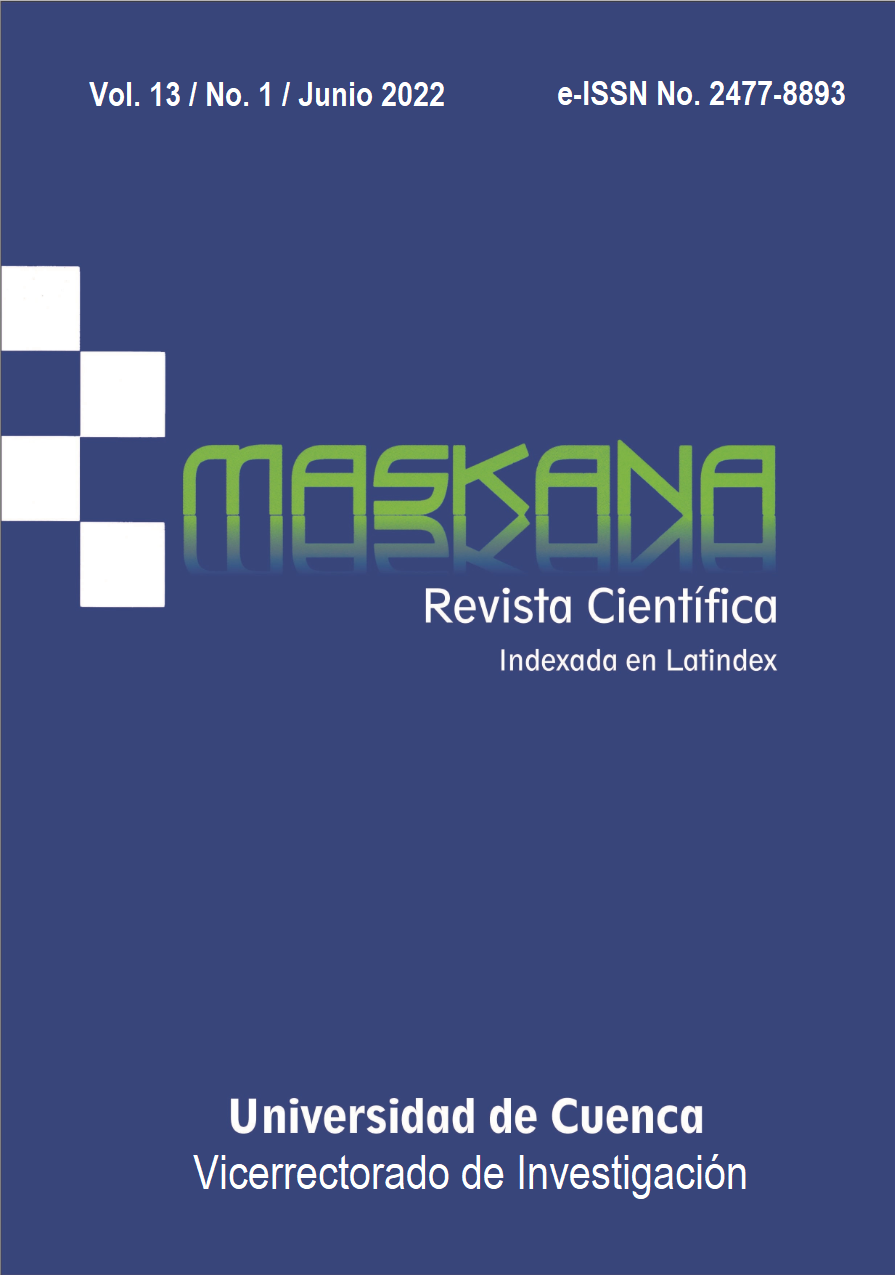Can we end hunger and malnutrition and reduce the impact of agriculture on global warming?
DOI:
https://doi.org/10.18537/mskn.13.01.00Keywords:
Hunger, malnutrition, global warming, balanced diet, agricultureAbstract
The effects of global warming are becoming more visible every day. Droughts, floods, and heat waves that used to occur once every 10 years now occur 4-6 times a decade, increasingly threatening planet Earth and the world's food supply. Climate changes and ongoing conflicts are contributing to a worsening global hunger crisis. If current trends continue, it is estimated that by 2030 the number of undernourished people will reach 840 million. Undoubtedly, expanding the agricultural area for greater food production will also increase carbon emissions, so it would be more beneficial to increase the production of the existing cultivated area. Also, switching to a more plant-based diet will help combat climate change. Responsibility for the global reduction in meat consumption falls overwhelmingly on the shoulders of the world's richest countries. If 10% of people around the world switched from meat to a plant-based diet, or if we all ate 10% less meat, 38 million hectares could be forested. With this in mind, why not adopt the diet recommended by the World Health Organization throughout the world? If we make this change, it will be possible to feed the world population in 2055, 10 billion people, with dignity, without the need to expand the current area occupied by agriculture.
Downloads
Metrics
Published
How to Cite
Issue
Section
License
Copyright (c) 2022 Jan Feyen, Autor Maskana

This work is licensed under a Creative Commons Attribution 4.0 International License.
Copyright © Autors. Creative Commons Attribution 4.0 License. for any article submitted from 6 June 2017 onwards. For manuscripts submitted before, the CC BY 3.0 License was used.
![]()
You are free to:
 |
Share — copy and redistribute the material in any medium or format |
 |
Adapt — remix, transform, and build upon the material for any purpose, even commercially. |
Under the following conditions:
 |
Attribution — You must give appropriate credit, provide a link to the licence, and indicate if changes were made. You may do so in any reasonable manner, but not in any way that suggests the licenser endorses you or your use. |
| No additional restrictions — You may not apply legal terms or technological measures that legally restrict others from doing anything the licence permits. |









